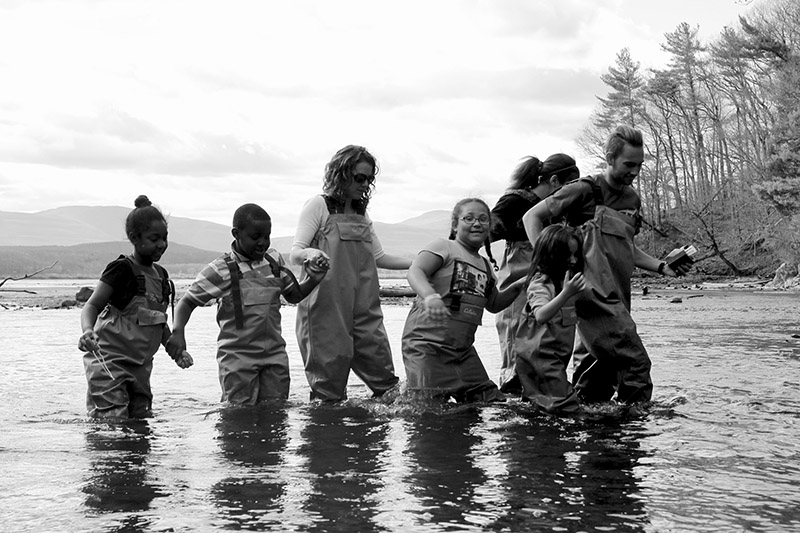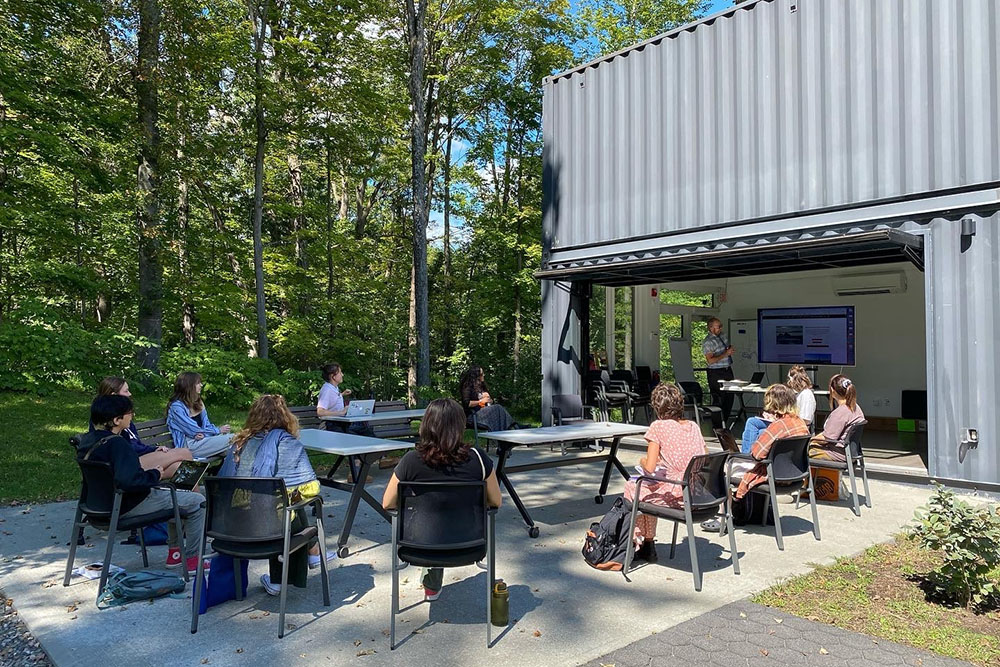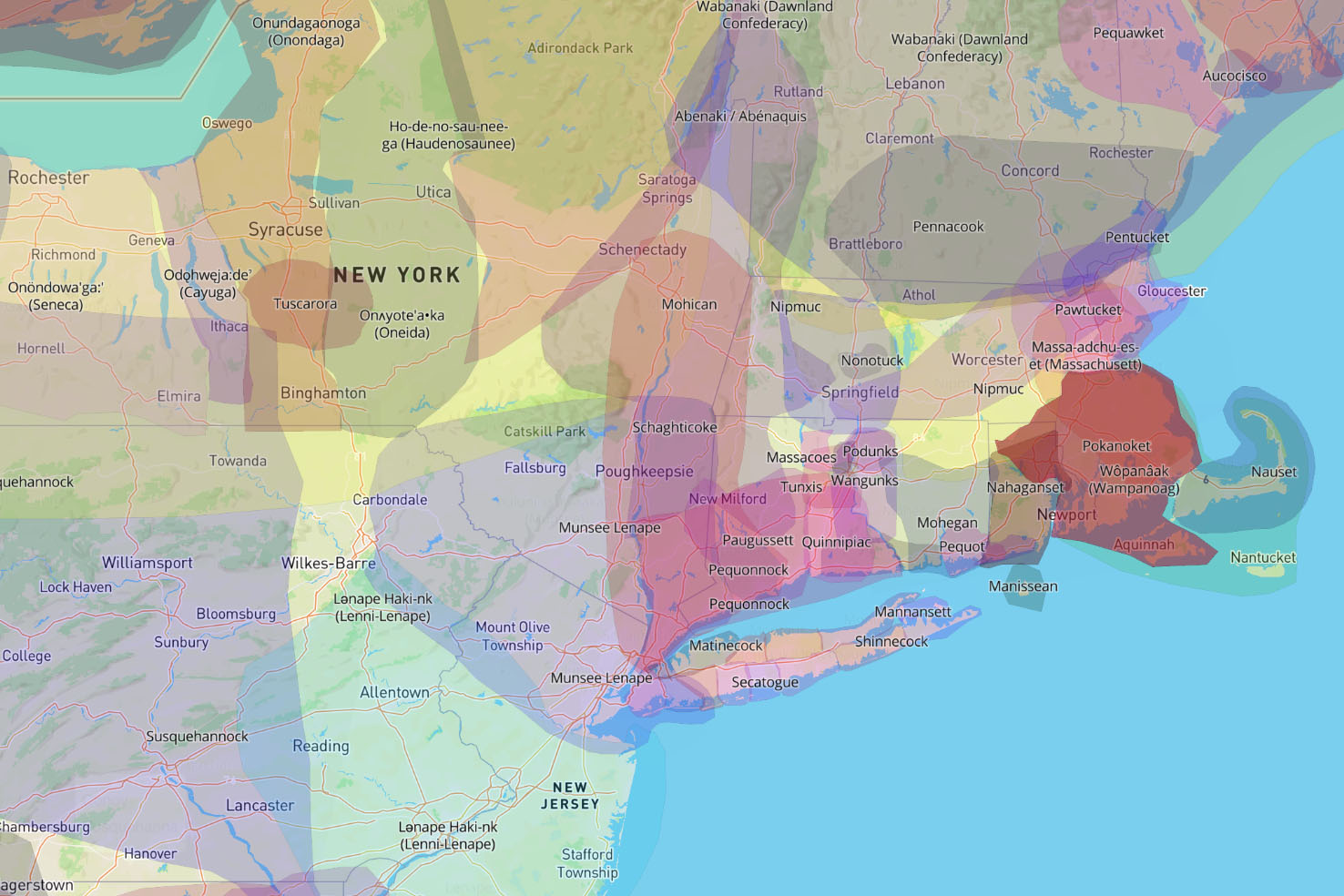Our Mission
Students in all divisions of the College can concentrate in Environmental Studies, whether their primary program is in sociology, literature, psychology, studio arts, or another. The concentration is based on the conviction that our planet’s most urgent problems – including climate change, biodiversity loss, and the inequities of our built environments – call for holistic knowledge of both human and natural systems. The curriculum offers a grounding in core topics in environmental studies alongside cross-listed courses on topics from nature writing to urban geography, from food systems to contemporary Indigenous art, and from planetary thinking to local community engagement. Well suited for students interested in careers in environmental policy or science, the ES concentration is equally meant for those who will bring their environmental commitments and curiosities to their pursuits in many other fields, whether teaching, journalism, urban planning, law, activism, or the arts.
Students in all divisions of the College can concentrate in Environmental Studies, whether their primary program is in sociology, literature, psychology, studio arts, or another. The concentration is based on the conviction that our planet’s most urgent problems – including climate change, biodiversity loss, and the inequities of our built environments – call for holistic knowledge of both human and natural systems. The curriculum offers a grounding in core topics in environmental studies alongside cross-listed courses on topics from nature writing to urban geography, from food systems to contemporary Indigenous art, and from planetary thinking to local community engagement. Well suited for students interested in careers in environmental policy or science, the ES concentration is equally meant for those who will bring their environmental commitments and curiosities to their pursuits in many other fields, whether teaching, journalism, urban planning, law, activism, or the arts.
Selected Partner Programs
Photo by Joe Fitzgerald
Campus and Community
On campus, the Community Sciences Lab, Bard Archaeology, the Bard College Farm, Bard Arboretum, and the unique landscape, architecture, and history of Montgomery Place offer academic and cocurricular activities. The Bard College Field Station is home to Hudsonia, an independent environmental institute, and the Saw Kill Watershed Community and the Roe Jan Watershed Community bring campus and community members together for science, stewardship, and education.
Contact us
Environmental Studies Concentration
Bard College | PO Box 5000
Annandale-on-Hudson, NY 12504
[email protected]



